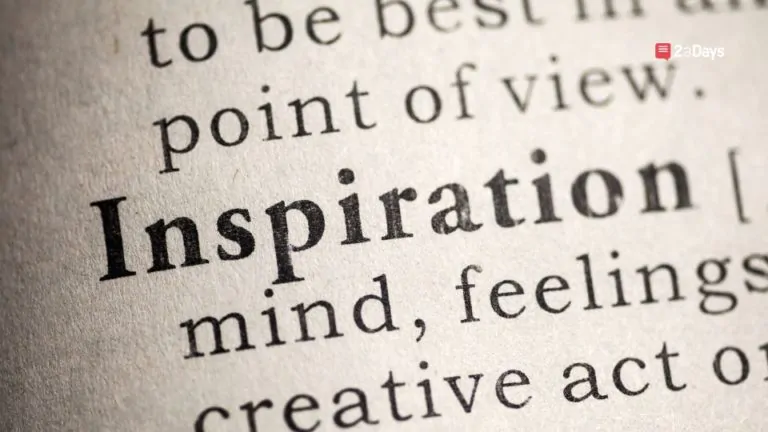When you are working to be the best you can be in your sport, it is easy to push yourself too hard and run the risk of overtraining. Overtraining is a chronic condition that occurs when training volume and/or intensity are too high, too often. It's common for overtrained athletes to feel exhausted all the time, not be able to train, or get sick frequently.
Related: The Dangers of Overtraining for Athletes
Overtraining can lead to decreased performance and increased risk of injury because your body isn't rested enough to meet the demands of training or competition. When you're overtrained, it may take weeks or months before your body recovers sufficiently to perform at peak levels again.
Here are some ways to spot overtraining and what you can do about it:
1. Recognize the signs
One of the most important things an athlete can do is to listen to their body. Overtraining can lead to a number of problems, both physically and mentally, so it is important to be aware of the signs and symptoms.
Physical signs that you may be overtraining include:
-Persistent fatigue and lethargy
-Problems sleeping
-Muscle soreness that lasts longer than usual
-Decreased appetite
-Frequent injuries
Mental signs that you may be overtraining include:
-Irritability
-Anxiety
-Depression
-Decreased motivation
Related: How to Avoid Overtraining as a College Athlete
If you are experiencing any of these signs, it is important to take a step back and reassess your training regime. You may need to take a few days off, or reduce the intensity of your workouts. Overtraining can be detrimental to your health and your performance, so it is important to listen to your body and make sure you are giving it the rest it needs.
2. Avoid pushing yourself too hard
There are a few ways that you can avoid pushing yourself too hard as an athlete. First, make sure that you are getting enough rest and recovery time. This means that you should not be working out more than four or five times per week, and you should make sure to take one or two rest days in between workouts.
Second, pay attention to your body and how it is feeling. If you are feeling unusually tired, sore, or run down, then take a step back and reduce the intensity or length of your workouts. Lastly, listen to your coach or trainers and follow their advice. They know what is best for you and your training.
3. Listen to your body
Your body is always talking to you, but it's not always easy to listen. Learning to listen to your body is an important part of being an athlete and avoiding overtraining.
There are some things you can do to help you listen to your body:
1. Pay attention to how you feel after workouts. If you're feeling exhausted, sore, or just plain bad, then your body is trying to tell you something. Take it easy for a day or two and see how you feel.
2. Keep a training journal. This can help you track how your body is responding to your training. If you start to see a trend of declining performance or more injuries, then you know it's time to back off.
3. Get enough sleep. Sleep is when your body recovers from workouts and builds up strength. If you're not getting enough sleep, your body won't be able to recover properly.
4. Eat a balanced diet. Eating wholesome foods helps your body recover from workouts and provides the energy you need to train.
5. Take rest days. Everyone needs a day or two off from training every week. This gives your body a chance to recover and prevents overtraining.
If you pay attention to how your body feels and make sure to give it the rest it needs, you can avoid overtraining and stay healthy.
Related: 5 Reasons to Take Rest Days Seriously
4. Speak to a coach or trainer
If you feel like you are overtraining or are experiencing burnout, it is important to speak to a coach or trainer. They know the sport well and can help you adjust your training plan so that you are not overtraining. They will also be able to give you advice on how to overcome feelings of burnout so that you can continue to enjoy your sport.
It is important for athletes to learn how to manage their mental game as well as their physical game. The two go hand in hand and without one or the other, it is going to be hard for an athlete to succeed at a high level. If you feel like you are overtraining or experiencing burnout, speak with your coach or trainer right away.
Overtraining can lead to injury, burnout, and decreased performance, so if you are feeling spread thin, it is important to take a step back and speak to a coach or trainer. They can help you figure out what is going on and how to avoid overtraining in the future.
Have an idea for a story or a question you need answered? Email us at [email protected]
* Originally published on February 16, 2023, by Kelly Wick







